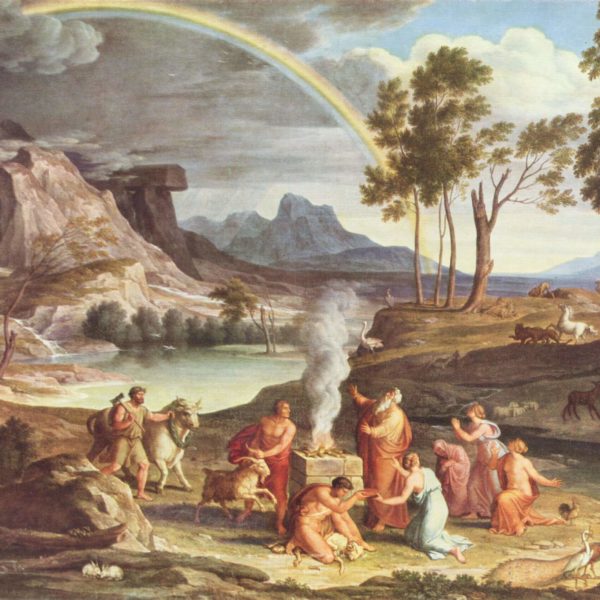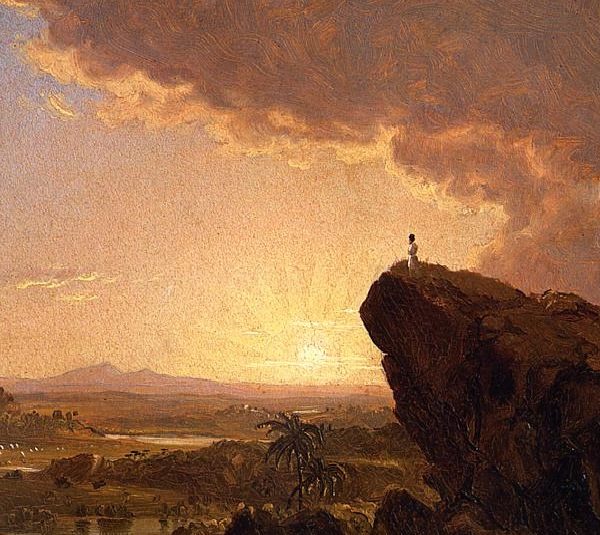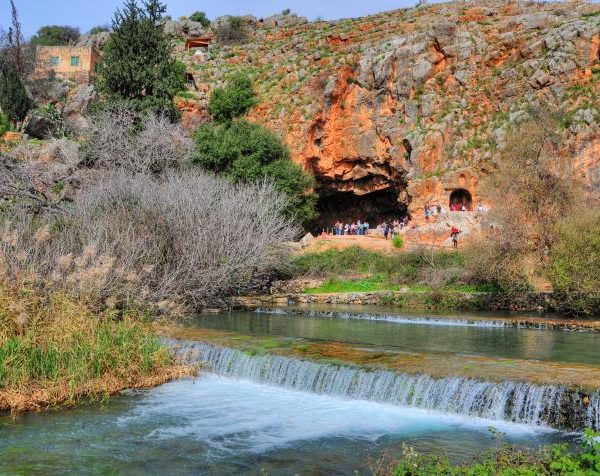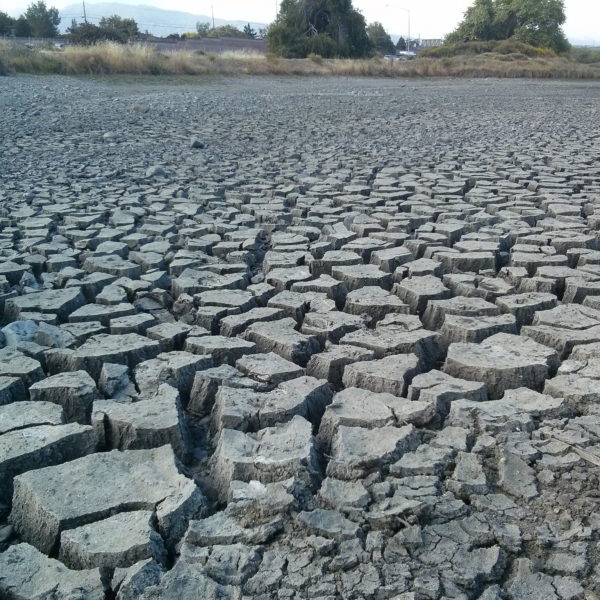
Israel’s experience of thirst in the wilderness should draw our attention to the experience of those for whom thirst and lack of water is a reality of life in our own day. We must identify and address some of the ways in which we are complicit in the forms of injustice that produce such a situation.
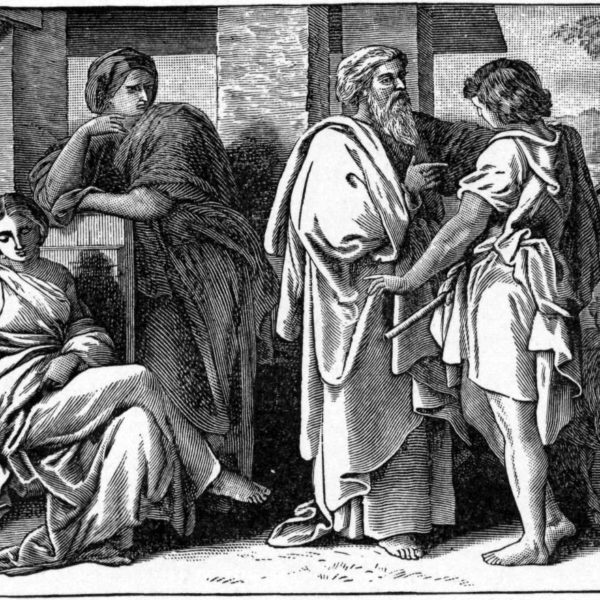
The Old Testament account of Jacob’s sojourn with Laban can expose some contemporary Christian blindspots, not least in assumptions concerning the ‘biblical’ meaning of marriage. However, we must also reckon with the limitations of the text’s own perspective, giving voice to the silent female characters within it.
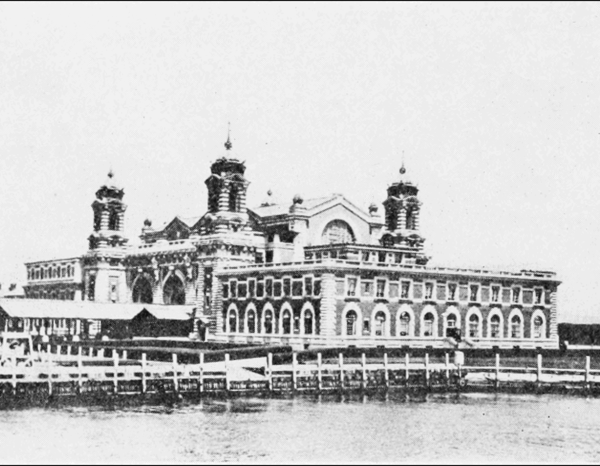
The first reaction of the reader to Abram’s calling, “That’s supposed to be me,” gives way to the second realization, which is “That COULD be me.” And it is in imagining the fear and anxiety normally attendant to leaving everyone and everything behind that the seed is planted in the reader’s heart for concern for real-life strangers.
